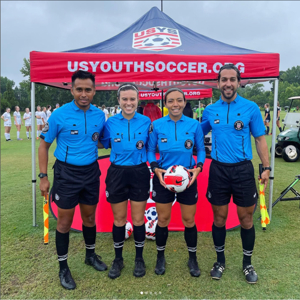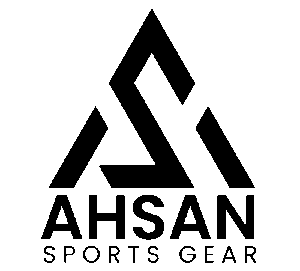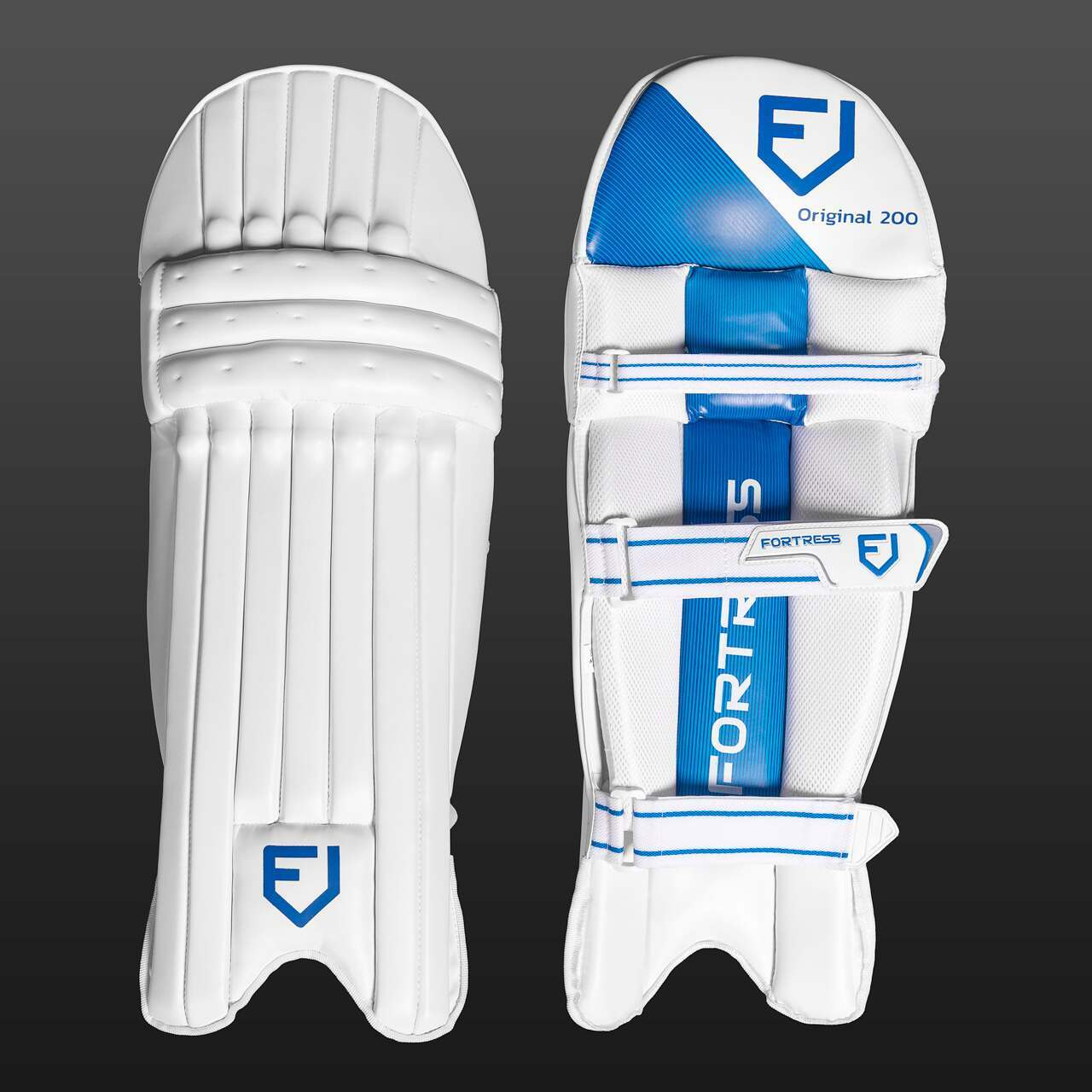How to Become a Soccer Player in Georgia
Become a Soccer Player in Georgia involves several steps, from understanding the local soccer landscape to joining clubs and participating in training programs. Here’s a detailed guide on how to embark on your journey to becoming a soccer player in Georgia.
Understanding the Soccer Landscape in Georgia
Understanding the soccer landscape in Georgia requires a comprehensive look at the various leagues, clubs, and development programs available to players. This guide will provide an overview of the key components that shape soccer in Georgia, including youth leagues, competitive structures, and notable clubs.

Overview of Soccer in Georgia
Georgia has a rich soccer culture, with a structured system that supports players from grassroots to professional levels. The state is home to numerous clubs and leagues that cater to different age groups and skill levels.
Key Organizations
- Georgia Soccer: The governing body for soccer in the state, responsible for organizing leagues and tournaments.
- US Youth Soccer: Provides a national framework for youth soccer, including competitions like the National League.
Recreational Leagues
Recreational leagues are typically the starting point for young players. They focus on skill development, teamwork, and game enjoyment without the pressure of competition.
- Age Groups: Generally for ages 3 to 19.
- Local Clubs: Many communities have local clubs affiliated with Georgia Soccer that offer recreational teams.
Competitive Leagues
As players develop their skills, they can transition into competitive leagues. These leagues provide a higher level of play and often require tryouts.
Georgia Premier League (GPL)
- Purpose: The GPL aims to offer the highest standards of competitive play among the best teams in Georgia.
- Structure: Teams are promoted to the GPL based on performance in lower divisions or state tournaments.
- Age Groups: Primarily for players aged 13U to 19U.
National League P.R.O
- Overview: This league features top teams from across the country, providing exposure to collegiate scouts and professional coaches.
- Promotion: Teams qualify through their performance in state-level competitions.
Academy Programs
Many clubs offer academy programs designed for younger players (ages 9U to 12U) focused on skill development rather than competitive results. These programs emphasize technical training and prepare players for competitive play.
Notable Clubs in Georgia
Atlanta United FC
- Professional Team: Competes in Major League Soccer (MLS) and has a robust youth academy that develops talent from a young age.
- Youth Academy: Provides training and development opportunities for aspiring professional players.
Georgia Revolution FC
- Semi-Professional Team: Competes in the National Premier Soccer League (NPSL) and offers youth development programs.
- Community Focused: Engages with local communities through outreach programs and youth camps.
United Futbol Academy (UFA)
- Competitive Club: Offers teams from recreational to elite levels across various age groups.
- Training Facilities: Provides access to quality training facilities and experienced coaching staff.
Development Pathways
Player Development Programs
Georgia Soccer emphasizes player development through various initiatives:
- Coaching Education: Regular coaching clinics are held to ensure coaches are equipped with modern training techniques.
- Player Pathways: Clear pathways exist for players to progress from recreational play to elite competition, including state cups and national tournaments.
Tournaments and Showcases
Participation in tournaments is crucial for player exposure:
Showcase Events: These events allow players to demonstrate their skills in front of college scouts and professional coaches.
State Cup Competitions: Offer teams a chance to compete at high levels and potentially qualify for national events.
Steps to Become a Soccer Player
1. Start with Recreational Soccer
Most players begin their soccer journey in recreational leagues. These leagues provide a fun environment where players can learn the basics of the game without the pressure of competition.
- Age Groups: Recreational programs typically cater to ages 3 and up.
- Local Clubs: Look for local clubs affiliated with Georgia Soccer that offer recreational teams.
2. Join an Academy or Competitive Club
Once you have a grasp of the fundamentals, consider joining an academy or a competitive club. These organizations focus on developing players’ skills through structured training and competitive matches.
UFA South Georgia Academy
- Tryouts: Held in mid to late May; players can also join during the season through a two-week trial.
- Training: Players train twice a week at local centers with additional team training sessions.
- Commitment: Participation requires a one-year commitment for both Fall and Spring seasons.
Athens United Academy
- Age Group: Tailored for players aged 7-12.
- Training Focus: Emphasizes technical skills like dribbling, passing, and shooting.
- Season Structure: Two seasons per year (Fall: August-November; Spring: February-May) with at least seven games per season.
3. Participate in Specialized Training
Consider enrolling in specialized training programs that focus on individual skill development. Programs like Prodigy Soccer Training offer personalized coaching sessions that can enhance your performance.
Prodigy Soccer Training
- Options: Offers one-on-one training, elite training groups, and camps.
- Focus Areas: Agility, coordination, ball mastery, and technique improvement.
4. Compete in Tournaments
Participating in tournaments is a great way to gain experience and showcase your skills. Many clubs organize local tournaments throughout the year.
- Travel Considerations: Most tournaments are within a 1-1.5 hour travel radius from your home club.
5. Seek Higher-Level Competition
As you progress, aim for higher levels of competition such as the Georgia Premier League or National League. These leagues provide exposure to collegiate scouts and higher-level coaching.
Additional Resources
TOPSoccer Program
For young athletes with disabilities, Georgia offers the TOPSoccer program which provides inclusive opportunities for all players to learn and enjoy soccer.
Contact Information
If you’re interested in joining specific clubs or programs:
- UFA South Georgia Academy: Contact Ricky Zambrano (ricky@unitedfa.org)
- Athens United Soccer Association: Email info@athensunited.net
Conclusion
Becoming a soccer player in Georgia requires dedication, practice, and participation in various programs. Starting with recreational soccer allows you to build foundational skills before advancing to competitive play through academies and specialized training. With the right commitment and resources available in Georgia, aspiring soccer players can thrive and develop their talents on the field.



